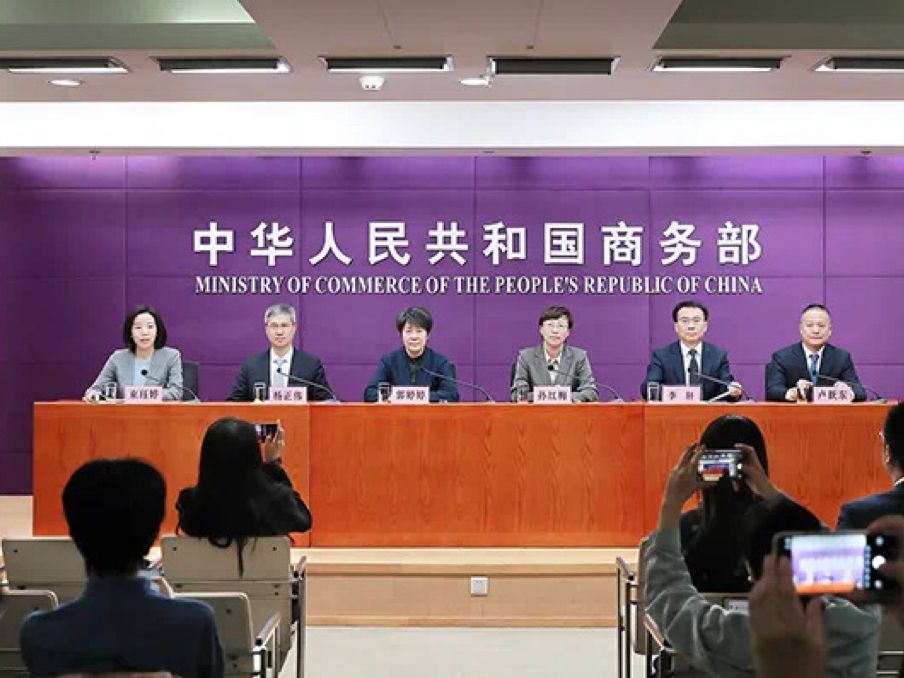 China Sets Up Free Trade Zone in Xinjiang; Foreign Financial Institutions Are Welcome, Vice Minister Says
China Sets Up Free Trade Zone in Xinjiang; Foreign Financial Institutions Are Welcome, Vice Minister Says(Yicai) Nov. 1 -- The Xinjiang Pilot Free Trade Zone was launched today in the Xinjiang Uyghur Autonomous Region to drive forward regional development and act as a bridge between China and Europe. International banks, insurers, brokerages and other financial organizations will be encouraged to open a branch in the FTZ, the Vice Minister of Commerce said.
The Xinjiang FTZ, which comprises Urumqi, Kasghar and Khorgos and covers almost 180 square kilometers, is China’s 22nd free trade zone and the first in the northwest of the country, according to the blueprint released by the State Council yesterday.
The FTZ will enhance the area’s strengths, facilitate the upgrading of the manufacturing industry, spur the development of the digital economy, enable the shift of advanced manufacturing and labor-intensive industries from the central and eastern parts of the country, cultivate high-tech enterprises engaged in the new energy and new materials sectors as well as connect to national computing power networks so as to become an active part of the unified national market, the report said.
The FTZ will leverage Xinjiang’s geographic advantages to strengthen connectivity with neighboring nations, so as to form a logistics hub that links Asia with Europe and to enhance tie-ups between central Asian countries and members of the Shanghai Cooperation Organization in terms of economy and trade, industries, energies and science and technology.
Legal and orderly communications and data collaborations between the FTZ in Xinjiang and central Asian nations will be supported, in order to promote interconnectivity in fields such as information-related services and the Internet.
In order to attract more foreign R&D centers to the FTZ, admission thresholds in terms of R&D spending, the number of full-time R&D staff as well as the purchase of equipment have been lowered, Vice Minister Guo Tingting said.
China will support companies in the Xinjiang FTZ to perform bonded maintenance services in the fields of engineering and machinery, rail transport, aviation and aerospace and to cultivate international shipping, consolidation and distribution businesses that play a role in allocating global resources, said Yang Zhengwei, director-general of the Department of Pilot Free Trade Zone and Free Trade Port at the Ministry of Commerce.
The FTZ will also advance the construction of a hub for China-Europe freight trains, said Li Xuan, deputy head of the Xinjiang Department of Commerce. It will advance the building of a China-Central Asia transport corridor, speed up the development of a China-Kyrgyzstan-Uzbekistan road-rail transport system, explore the development of China-Pakistan multi-modal transport as well as seek partners for a China-Kyrgyzstan-Uzbekistan railway.
Editor: Kim Taylor